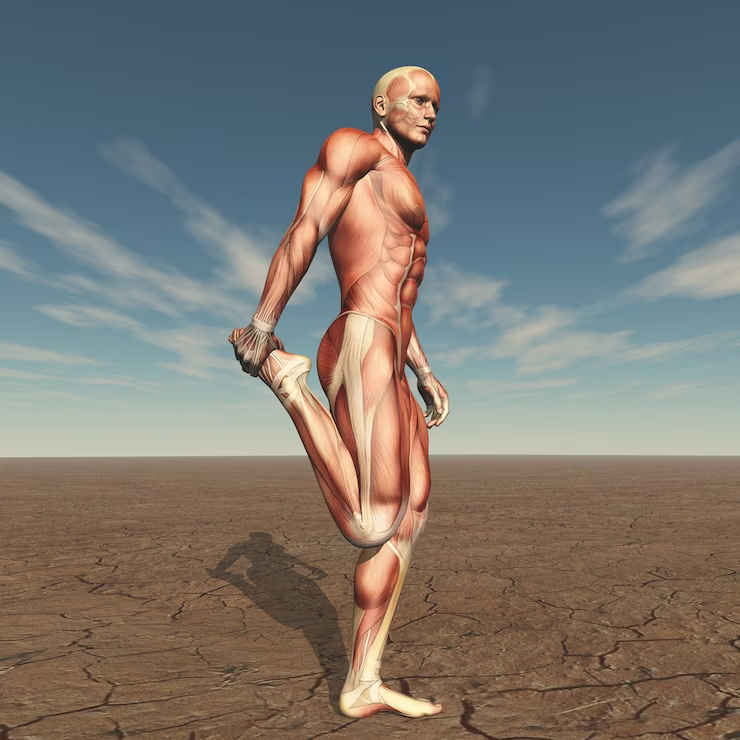Proteus Syndrome: Recognizing the Overgrowth Disorder
Proteus syndrome is an extremely rare genetic disorder characterized by the excessive growth of various tissues in the body. Named after the Greek god Proteus, who could change his shape at will, this condition often leads to significant physical and medical challenges for affected individuals. In this article, we explore the causes, symptoms, and challenges associated with Proteus syndrome.
Causes: Proteus syndrome is caused by a spontaneous mutation in the AKT1 gene, which plays a role in regulating cell growth and division. This genetic alteration occurs early in embryonic development and results in the mosaic distribution of affected cells throughout the body. As a result, different parts of the body experience abnormal and disproportionate tissue growth, leading to the characteristic features of Proteus syndrome.
It is important to note that Proteus syndrome is not an inherited disorder, meaning it does not typically pass from parents to their children. Rather, it occurs due to a random mutation that arises during embryonic development.
Symptoms: The symptoms of Proteus syndrome can vary widely among affected individuals, and the condition may affect multiple systems of the body. Some of the common signs and features include:
- Overgrowth of Tissues: One of the defining characteristics of Proteus syndrome is the disproportionate and asymmetric overgrowth of tissues. This may affect the bones, skin, muscles, and other structures, leading to abnormalities in size, shape, and function.
- Skin Lesions: Many individuals with Proteus syndrome develop various types of skin lesions, including thickened patches, tumors, or lipomas (benign fatty tumors). These skin abnormalities often appear in a mosaic pattern, affecting only certain areas of the body.
- Skeletal Abnormalities: Proteus syndrome can cause abnormalities in the skeletal system, leading to bone overgrowth, uneven limb length, scoliosis (curvature of the spine), and joint deformities.
- Vascular Malformations: Some individuals may develop abnormal blood vessels, including venous malformations or lymphatic abnormalities. These can contribute to swelling, discoloration, and potential complications.
- Intellectual and Developmental Challenges: While not universally present, some individuals with Proteus syndrome may experience intellectual disabilities or developmental delays.
Diagnosis and Challenges: Diagnosing Proteus syndrome can be challenging due to its rarity and variable presentation. Healthcare professionals typically rely on a combination of clinical evaluation, detailed medical history, and imaging studies such as X-rays, MRI, or CT scans to assess the pattern of tissue overgrowth.
Proteus syndrome presents numerous challenges for affected individuals and their families. The condition is progressive, meaning that symptoms can worsen over time. The excessive growth of tissues can lead to functional limitations, mobility issues, and increased risk of complications such as infections. Psychological and emotional challenges may also arise as individuals navigate the physical and social implications of the disorder.
Management and Treatment: Since Proteus syndrome is a complex and multi-system disorder, management requires a multidisciplinary approach involving various healthcare professionals. The primary goal of treatment is to address specific symptoms, manage complications, and improve the quality of life for individuals with the condition. This may include:
- Surgical Interventions: Surgery may be necessary to correct skeletal abnormalities, remove tumors or lipomas, address vascular malformations, or improve mobility and functionality.
- Symptomatic Care: Individuals with Proteus syndrome may require ongoing medical care and interventions to manage specific symptoms or complications. This may involve medications, physical therapy, occupational therapy, and other supportive measures.
- Psychological Support: Living with Proteus syndrome can be emotionally challenging for both individuals and their families. Psychological support, counseling services, and access to support groups can provide valuable assistance in coping with the impact of the disorder.
Research efforts are ongoing to deepen our understanding of Proteus syndrome and develop targeted therapies to address the underlying genetic abnormalities. However, as the condition is extremely rare, access to specialized medical care and resources may be limited.
In conclusion, Proteus syndrome is a rare genetic disorder characterized by the overgrowth of tissues in the body. The condition presents significant challenges and requires a multidisciplinary approach for management. Early diagnosis, supportive care, and ongoing research are essential to improve the quality of life for individuals with Proteus syndrome and develop effective treatment strategies to address the complexities of this condition.










